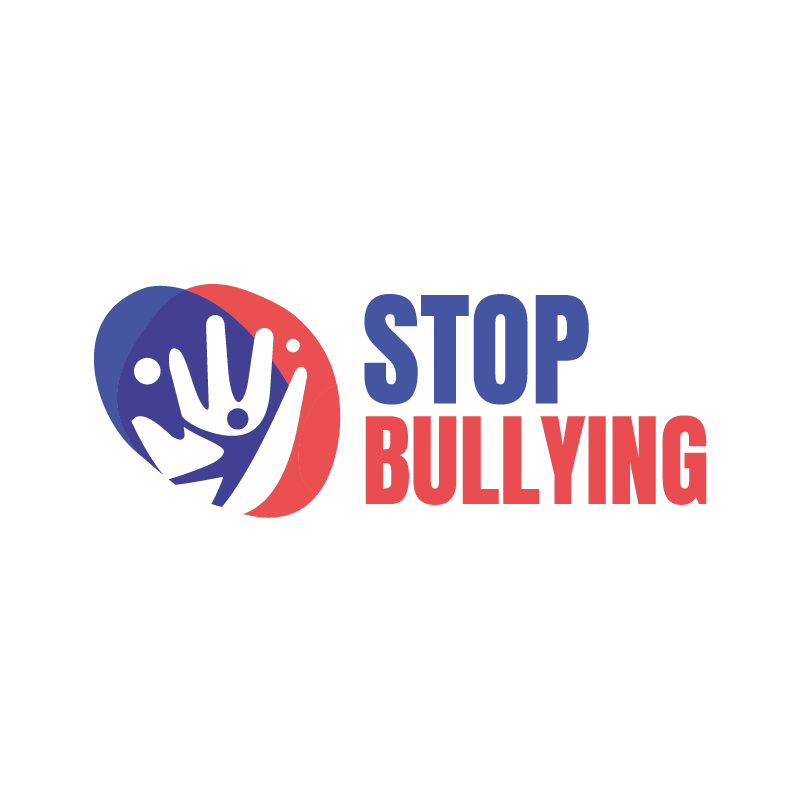a project co-funded by erasmus+
Join the fight against bullyingThe Stop Bullying project is a project co-funded by Erasmus+ by the European Union that seeks to address various forms of bullying through the creation of various educational resources and trainings in the European Union.
here are some highlights:
The Stop Bullying Project
why stop bullying project?
According to the Council of Europe, bullying is unwanted and aggressive behaviour among youth that involves a real or perceived power imbalance. The project aims to help participants support social development, open up new opportunities, acquire essential skills, promote personal development, enable cross-cultural and diversity learning, and encourage creative/active participation in the world.
how the project helps reduce bullying
Equipping youth workers with knowledge and skills to use various creative methods and activities for bullying prevention and intervention and actively involving them in youth work activities will increase the potential for success in reducing bullying and its consequences.
Project Partners
frequently asked questions
FAQs

What is the main goal of Stop Bullying Project?
The project aims to help participants support social development, open up new opportunities, acquire essential skills, promote personal development, enable cross-cultural and diversity learning, and encourage creative/active participation.

How does the project help youth workers?
The project will support youth workers by providing them with widely usable training solutions and creative workshop guidelines for bullying prevention and intervention in their work with youth.

How does the proposal bring added value at European level through results that would not be attained by activities carried out in a single country?
Bullying is unwanted, aggressive behavior among youth that involves a real or perceived power imbalance. The project will facilitate cooperation between partners and the exchange of expertise, best practices and methodologies, resulting in high quality training and educational materials sensitive to social and cultural diversity in the long run. This will increase positive impact and transferability across the EU.

Who are the target groups of the project?
DIRECT: Youth workers who work with youth in their daily activities.
INDIRECT: Youth themselves.
STAKEHOLDERS: NGOs dealing with YOUTH, particularly migrants, youth from the LGBTQA+ community, and youth with disabilities; municipalities and local authorities; universities of psychology and pedagogy; training centers and EU (and non-EU) networks dealing with discrimination, violence, and exploitation.




